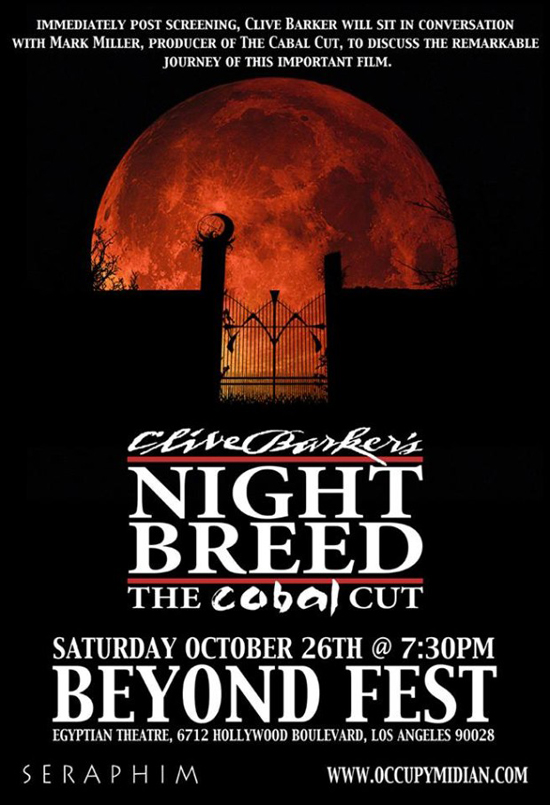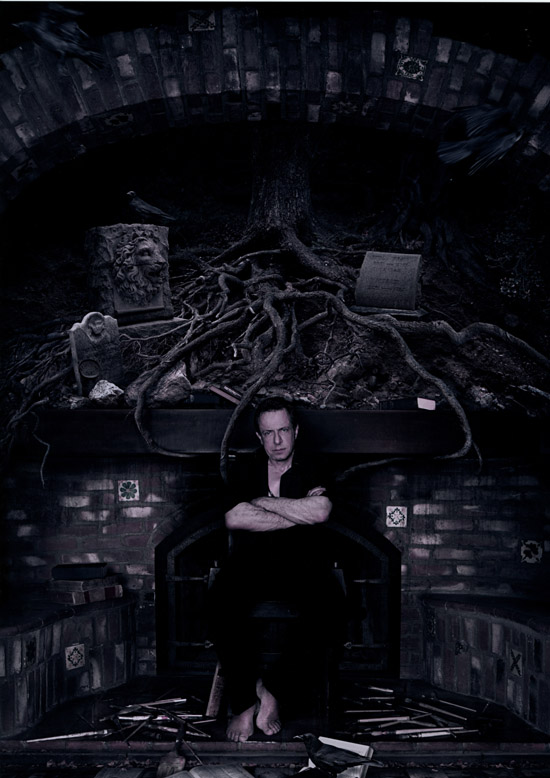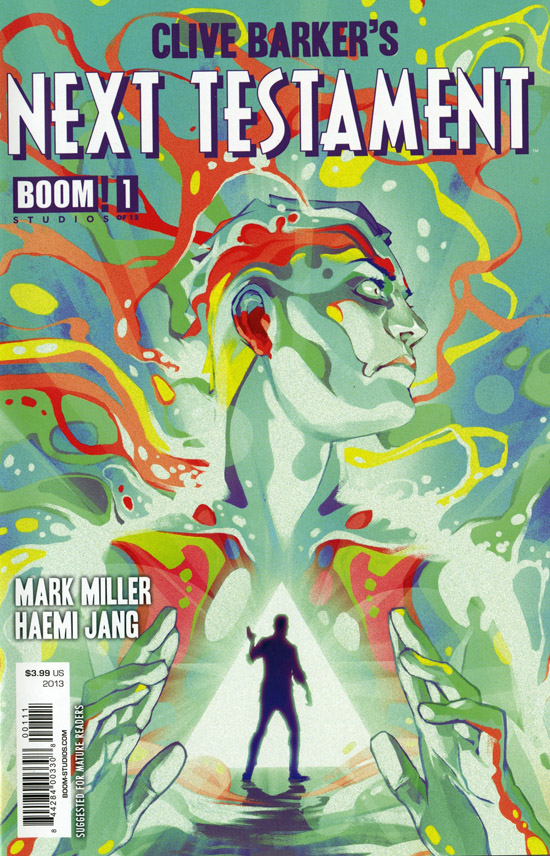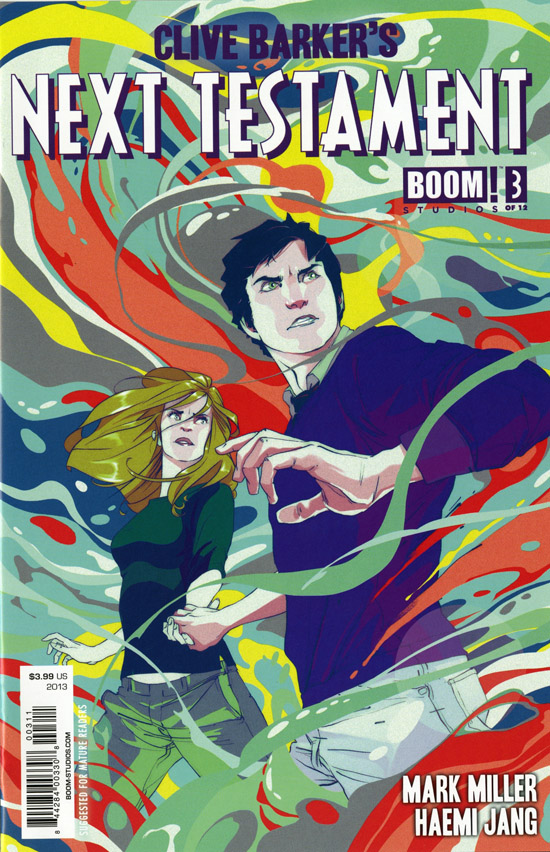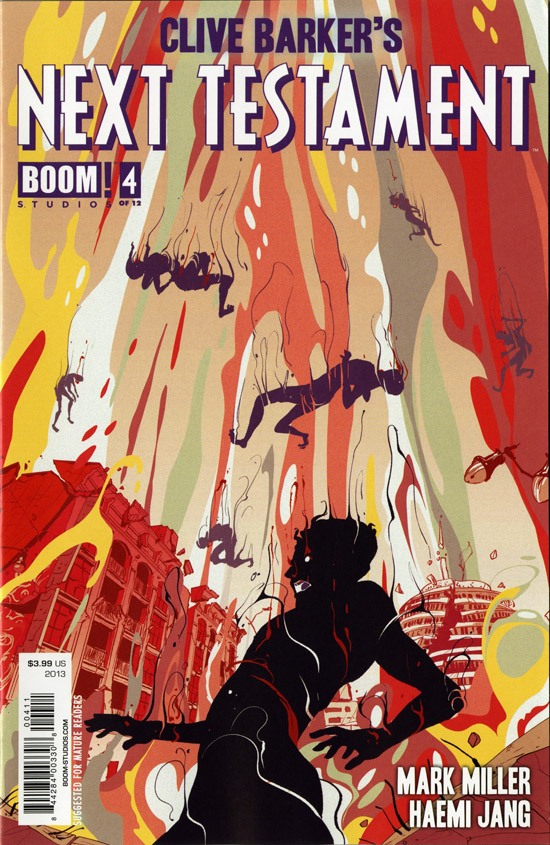by Nicole Powers
“The beautiful lie was much more profitable than the ugly truth.”
~ Alex Gibney
Lance Armstrong was a man with a winning narrative. He beat testicular cancer and fought his way back to health and to victory in a record breaking seven successive Tour de France races (1998-2005). “It’s just this mythic, perfect story, and it wasn’t true,” Armstrong confessed to Oprah Winfrey in a televised mea culpa first broadcast in January, 2013.
Armstrong had not only dodged rumors and accusations of doping throughout his racing career, he’d viciously attacked those whose stories didn’t lineup with his own. Following the 2005 Tour de France, in which he’d set the fastest pace in the history of the challenging and mountainous race, he announced his retirement. It’s likely he now wishes he’d quit for good — while he was ahead.
However, in 2009 he returned to the sport for what he hoped would be a victory lap. As he was preparing for his big comeback, Armstrong invited Academy Award-winning documentary filmmaker Alex Gibney along for the ride. However, the story Gibney’s cameras would ultimately capture was far different from the one that anyone concerned had anticipated.
Armstrong failed to win his comeback Tour, though he placed a respectable third. Despite, or maybe because of his inability to recapture his former glory, the doping allegations intensified. Following a second ill-fated comeback attempt in 2010, Armstrong announced his retirement in 2011, but the charges of cheating didn’t end with his pro-cycling career. In August 2012, the United States Anti-Doping Agency announced that Armstrong had chosen not to contest a litany of evidence compiled against him. The agency stripped him of his seven Tour de France titles and banned him from the sport for life.
Over the course of three years, Armstrong’s too-good-to-be-true story had finally and irrevocably fallen apart, revealing in its place one massive and highly orchestrated lie. And instead of capturing the truth on film, as might normally be the goal of a documentarian, Gibney had caught a lie — remarkable in its scope and brazenness — as it unfolded.
Gibney was forced to shelve his original film, but was able to revisit the project after Armstrong agreed to a final interview in which he promised to come clean. The resulting documentary is a winning piece of action filmmaking and a compelling example of storytelling. In it we see the fascinating anatomy of a lie, and witness Armstrong frame and re-frame his truth.
We spoke with Gibney – whose previous credits include Enron: The Smartest Guys in the Room, Client 9: The Rise and Fall of Eliot Spitzer, and Taxi to the Dark Side – about his film, which might not chronicle a Tour de France triumph but is nevertheless a tour de force.
Nicole Powers: This was a really strong documentary. The way that you paced the race scenes, even though I knew who was going to win, you still had me on the edge of my seat in the same way I might be if it were a fictional movie.
Alex Gibney: I appreciate that. Honestly, we tried really hard. We did have some resources in this film. When we shot the Tour, we had 10 cameras, so we were able to shoot it like an action movie – and I feel like we delivered on that.
NP: The whole circumstances surrounding this movie are so bizarre. I understand that originally Lance had approached you to produce a movie about his comeback. Why do you think he chose you? You’re not the kind of person that’s going to deliver a puff piece.
AG: Well, it’s not quite accurate to say that he approached me. My producers Frank Marshall and Matthew Tolmach… Tolmach, at the time when we started way back when, was an executive at Sony. They had been thinking about doing a fiction film based on Lance Armstrong’s book, It’s Not About the Bike, for some time. They had Matt Damon, who I believe was going to star, and they kept writing scripts but they couldn’t get satisfied with the scripts. So when Lance told them that he was going to be doing his comeback in 2008, they went to him and said, we’d like to shoot it, and Lance agreed. Then they went looking for a director and found me… I asked them the same question that you asked, which is, look guys, I just did Taxi to the Dark Side, why do you want me for this? They said, well, we think you’re a good storyteller, but are you interested in this story? I said, yes. I said I was interested in his will. Both the best part of it, this inspirational idea that someone on the edge of death can come back and be better than they were before; but also the darker side of it, the idea that winning at any cost is okay so long as you win.
NP: Subsequent to you shooting the first round of material for this film, the big lie came out. Where you were in production on the original film when things started to unravel?
AG: We were finished. We had mixed the film. Matt Damon had narrated it. We were done. Basically things started to come out and we started to add a few cards at the end of the movie. But the first movie was not absent of doping. From the very beginning, I asked Matt and Frank if I could deal with this issue – because I thought it might have been one of the reasons that Lance decided to come back, to put all those questions to rest. So the first film did have an element of it. It was a rather small element, but it was there. But then we kept putting cards at the end of the film. At some point we realized we were going to have to have about 20 pages of cards at the end of the film and we’re probably going to have to go back in and redo it. So we just put the film aside until some of the bigger storylines played themselves out like the federal investigation.
NP: As an interviewer, one of my jobs is always to try and sense when someone’s telling a lie and challenge them on it. When you were chatting to Lance the first time around, how much did you think that he was bullshitting you? Or was he looking at you so straight in the eye that you were sold on his lie?
AG: I would say it was a combo platter. There were times when he did fool me and there were times when I knew that he was bullshitting me. One of them I put into the film. My style often is not to challenge somebody directly when they’re telling me a lie, but maybe to redirect or ask again. Because I want them to tell it to me the way they want it to be, and then when I get into the cutting room, let’s just say I can add perspective. So the lie that I put into the film that was the easiest and simplest example was one where I was in the car when he hatched his wacky plan to have [his former teammate and rival] Frankie Andreu be the one who had to come interview in the tour. He was howling with laughter as he hatched that plan. Then, of course, I asked him on camera, “Was there any mischief involved in this decision?” He said, “Oh, absolutely not.” Like a politician. Like Bill Clinton might have said, “I did not have sex with that woman.” It was evidently a lie. At the time, I didn’t stamp my feet and say, this is outrageous, you’re lying to me. I just moved on.
NP: How much do you think this was about Lance being a pathological liar and how much do you think he was lying for his job like James Clapper?
AG: I think it’s a little bit of both. Lance would say, look, I had no choice but to lie. But, what that leaves out is — first of all, that’s not true. Lance could’ve said every step along the way, I’ve never tested positive, which actually would’ve had the virtue of being true. But instead he said, how dare you say that I, as a cancer survivor, would ever use performance enhancing drugs. He made his lie enormous, which is something he didn’t have to do, but I think, over time, he felt he had the license to do. So that was more than keeping his job. That was a way of him burnishing his myth in a way that ultimately became very profitable for him. Then, when people challenged that enormous lie, he went after them, and went after them rather viciously for actually trying to tell the truth, which is the thing I think that most people don’t forgive. The job part is almost understandable. That is to say, he lived in a world in which almost everybody was doping. What is not so easy to forgive, in fact. is this idea that he made the lie so enormous and made so many people complicit in that lie, and then the way he attacked people that tried to tell the truth.
NP: I know that you investigated the sport’s governing body. How complicit and corrupt do you feel they were?
AG: I think they were complicit and corrupt… Sometimes in ways that may have been organic almost. They were never able, at least in my reporting, to go in and order people to destroy positive samples. That’s never how it worked. It was always much more of a wink and a nod. As Lance says in the film, they would say, geez, you’re getting a little close to the sun here. You’re pretty close to testing positive. Which is a way of saying, we know you’re cheating, but just don’t cheat too much. Of course the whole aspect of the Vrijman Report is really an interesting example of how they were so deeply invested in the cover up. Lance was so important to cycling from a financial perspective that it was greatly in cycling’s interest to try to make sure that any report done on possible doping would be positive to Lance. So, yeah, I think the UCI [Union Cycliste Internationale] was deeply complicit. I think sponsors were complicit. Nobody really wanted to know the truth about what was going on, even though there were a lot of allegations early on about Lance doping. But did anybody ask the tough questions? No, because the beautiful lie was much more profitable than the ugly truth.
NP: In this age, do you think it’s even practical to try and get drugs out of sports? Do you think that’s an attainable goal? Should there be more pragmatic rules governing sport?
AG: Well, let me put it to you a different way: Do we think that investment banks are ever going to stop cheating? No. Do we think that we should abandon any attempt to regulate those banks? I would argue, no. You have to try, even though you know the cheating is going to continue. Even though you know that, because they’re smart and being paid a lot of money, they’re liable to be one step ahead of the regulators. I think we have an investment in sport to see that it’s not all pro-wrestling. You don’t want the winner or the loser of every sport to be determined by the size of your pocketbook and the quality of the drugs that you can provide. You want to believe that a lot of it is talent and hard work.
NP: Do you think that’s the real beautiful lie though? That all you need is talent and hard work.
AG: No. Clearly we know that we have to be smarter than that. Our eyes have to be open. We can’t pretend that doping doesn’t go on in sports. But I also don’t think that that means we should just say, well, since we’re going to have doping anyway, bring it on. Do whatever you need to do and that will be the contest. I just don’t think that’s what we want. Because ultimately that takes us down a slope that’s too slippery and too possibly dangerous… I mean, you’re right, it’s a beautiful lie. I agree with you. I think it is a beautiful lie to think that you can eradicate doping from sports. But I think that you can do a better job of keeping that doping in check and also changing the culture to some extent so that winning at any cost isn’t the paramount ethic.
NP: Sports should be about sportsmanship.
AG: Yeah… It’s not a level playing field. After all, some people are taller than others, people are faster than others, there are natural advantages. That’s always going to be present in sport. But it’s about reckoning on the rules of the road so you can agree. Even war has rules, right? And you think in some ways, well, why should war have rules? The idea is to win… I thought about it in the context of a film I was doing about torture. I thought, you hire solders to kill other people, that’s what you hire them to do. So why should there be rules about interrogations once a soldier has been captured? What sense does that make? Just beat the shit out of them and leave it at that. But two things happen: First of all, you don’t get very good information. And second of all, there’s something very powerful and appealing about the idea that when you get a solider under your control, and you have ultimate power over that person. It’s very important that you institute what is the military equivalent of the golden rule. To say, you and I are both human beings, and do unto others as you would have them do unto you. Because there is a peculiar kind of moral persuasion that takes place in that kind of context. So much so with doping. If Lance Armstrong can feel, look, I’m delivering a feel-good myth to people and – not only that – I’m raising lots of money for cancer, I should be able to dope as much as I want. Fuck them. I don’t find it a compelling rationale. I guess I don’t believe in laissez-faire in either capitalism or sports. I think rules are good.
NP: So you eventually circled back around to the film and got the last big interview from Lance. How did that come about? And how much persuasion did it take for him to sit down again with you?
AG: It took a lot of persuasion to get his lawyers onside. That took more persuasion than Lance. Lance said he would do it and he ultimately made good on his word. I think he realized that he had screwed us up big time and he owed us an explanation. And ultimately, he delivered on that, but it was a bitter pill to swallow. Both when he came out and finally told the truth, even though he had been lying to us forthrightly for a long time, but then also, at one time, he promised us the opportunity to have the interview where he would come clean. He didn’t make good on that promise either. So he owed us and I think he also he wanted to be able to influence his story.
NP: In his “come clean” interview, was there anything that you didn’t buy?
AG: Well, I think you see it in the film. I find the idea that he was clean in 2009 extremely hard to believe. I gave Lance the opportunity to give his rationale, but I find it hard to believe.
NP: Was there anything that we don’t see on camera, any questions that you asked that he evaded?
AG: The one question that I never could get him to answer straight was what and when was the first time you doped? He was always vague on that issue and that always disappointed me. I wanted to know the very first time he took a performance enhancing drug. The truth is, there may be some mystery there and I still want to know the answer. But it’s also possible that the moment I was looking for, which was a kind of Rubicon that was crossed, the idea that, oh, gosh, I’m going to have to take drugs now… I think Lance is actually being pretty honest when, in response to a question I asked him about why he took drugs, he said, I didn’t lose much sleep over it. In other words, for him, it was very practical.
NP: When you put it in the context of someone who’s been through chemotherapy and taken lots of drugs that are extremely harmful to the body, that line has to be a lot softer because he’s already someone that wouldn’t be on the planet but for drugs.
AG: Correct. I think also in the sport of cycling, particularly in Europe, there’s a very macho culture and Lance was a very macho guy. There was a very macho culture which embraced the use, and sometimes overuse, of drugs. It was just part of the manning up that you needed to do in order to be able to get across the finish line.
NP: Watching the film, that’s the one question that’s in the back of your mind the whole time that you never get answered. I wonder if that’s because he’s protecting someone?
AG: That’s the question. I don’t know. Is he protecting somebody? That’s why it was galling to me that he would never come clean on the hospital room. Is it because he’s protecting somebody or he just can’t stand to lose to Betsy Andreu… I don’t know which one it is.
NP: The hospital room thing, I’m conflicted on. Because you have a right to privacy with regards to what happens between you and your doctors. I’m actually appalled that his former friends would make public what was said under such circumstances. If that had been something that had come out outside of that room in the corridor, all well and good, but not in a consulting room with a doctor.
AG: You’re right. I take your point. On the other hand, that information first came out under subpoena, not by somebody going to the press and saying, hey do I have a scoop for you. It was in a legal context under subpoena that that information first came out. But, what I’m more interested in, is that, as a practical matter, Lance admitted on Oprah and also in the interview with me, that he was using drugs as early as ’94 – that is to say, well before the hospital room, right? So, if we already know he’s using drugs as early as ’94, what difference does the hospital room make? And that’s what leads you to wonder, what is that about? Is it about protecting somebody else? Did doctors lie for him? Or can he just not stand after all these years to lose.
NP: I guess that goes back to the question of how much is pathological lying, how much is lying for pride’s sake, and how much is lying to protect other people.
AG: Correct. And I think all these things got jumbled together in Lance’s mind. I think there’s a moral force sometimes that he’s able to exhibit when he’s lying, which is scary, but I think a lot of good liars do that. They exhibit what the police call “noble cause corruption.”
NP: It reminds me of Jimmy Savile and the child molesting case in the UK. No one wanted to poke around too much because Jimmy raised lots of money for Stoke Mandeville Hospital.
AG: I just did a film on childhood sex abuse in the Catholic Church and it reminded me of exactly the same thing. The church always used to come out and say, why do you keep attacking us on this? We do so much good. And people would back off. How dare you say it’s a priest? A priest? Impossible.
NP: What do you think is in Armstrong’s future? This is something that’s hard to move past. Can you see him coming back to public life in an Eliot Spitzer kind of way?
AG: It’s hard to know. In the short term, no. In the long term, it will depend. The problem is, he’s caught between a kind of Scylla and Charybdis of the legal courts and the courts of public opinion. If he ever comes completely clean, he’ll finally satisfy the court of public opinion, but he’ll put himself at huge legal jeopardy. And if he plays the legal game, he’ll never make anybody satisfied because they all want to hear the whole truth and nothing but the truth at this point. So until the legal cases are over… Also Lance’s own psychology, now that he’s in fighting mode, he’s in no mood, or he’s incapable of reckoning with what it is that he did off the bike. So in the short term, I don’t see a future. In the long term, we’ll have to see.
NP: What’s in your future? I know you’re probably already on to your next documentary, if not your next three. What have you got in the works?
AG: A couple of investigative things, which I probably won’t talk about, and I’m just finishing up a music documentary about the African musician Fela Kuti.
NP: That’s a change of pace for you.
AG: Yeah, it will be good. It will be fun.
NP: Well, thank you so much. It’s an absolute pleasure to chat with you. I loved the movie. Like you say, it played like a feature film. Even though I knew he was a liar, I wanted him to win. I guess that’s again part of the beautiful lie; Even watching this movie, I knew he was a liar and a cheat, but I sat on the edge of my seat wanting him to win.
AG: Hoping he would win. I agree. That’s ultimately why I decided to be complicit in the story and to put myself at the heart of it, as if to say, this is how it works.
The Armstrong Lie opens in Los Angeles and New York on Friday, November 8.
Related Posts:
SG Interview: Alex Gibney – Casino Jack and the United States of Money




